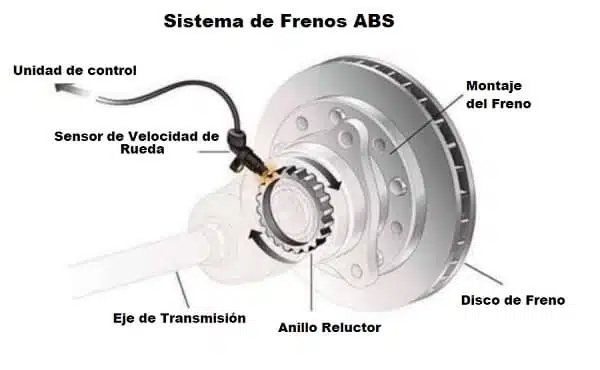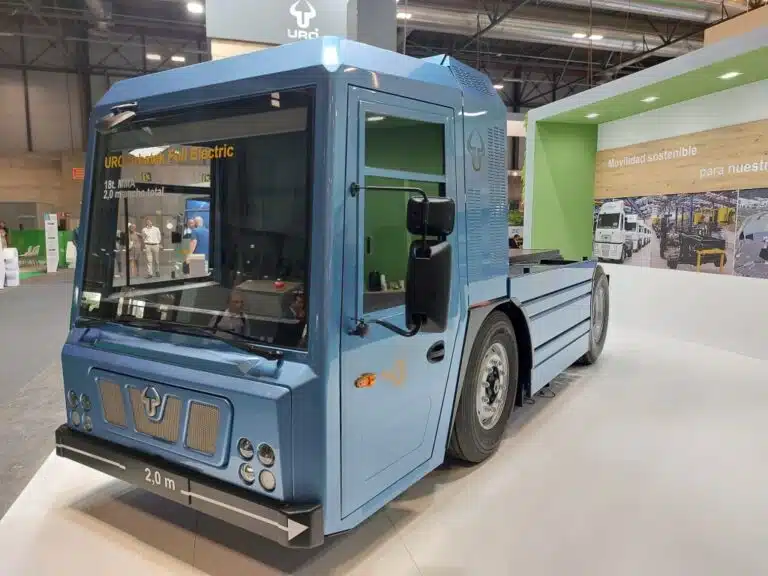Maintaining your car efficiently: maintenance tips to reduce costs
The efficiency of a vehicle not only depends on its design and technology but also on the proper maintenance it receives. In a context where fuel costs are increasingly high, knowing the maintenance tips can make a difference in daily expenses. From simple practices to regular inspections, every action counts to ensure that your car runs as smoothly as possible, optimizing performance while contributing to sustainability. Implementing these tips will allow you to enjoy efficient and economical driving.
In the current context, where fuel prices tend to rise and sustainability is a priority, it is crucial to adopt a proactive approach to vehicle maintenance. There are various strategies that, when implemented correctly, can improve your car’s efficiency while reducing fuel expenses. Below are useful tips to keep your vehicle in optimal condition and prolong its lifespan while saving money on gasoline.
Regularly check the engine fluids
One of the most effective ways to ensure your car’s efficiency is to regularly monitor fluid levels, primarily engine oil, brake fluid, and coolant. Each of these fluids plays an essential role in the optimal functioning of the vehicle. A low oil level can cause premature wear, while insufficient coolant can lead to overheating issues.
Optimize tire pressure
Tires are the only point of contact between the vehicle and the road. Maintaining the proper tire pressure not only improves safety but also directly affects fuel consumption. Under-inflated tires create more rolling resistance, which can increase gasoline expenses. Perform periodic checks and adjust the pressure according to the manufacturer’s recommendations.
Perform regular engine maintenance
The engine is the heart of any car. Performing regular maintenance, including oil changes, spark plug checks, and air filter inspections, can help maximize performance and efficiency. A clean and well-tuned engine runs more smoothly and consumes less fuel. Additionally, ensure that the exhaust system is in good condition to avoid performance losses.
Pay attention to the condition of mechanical components
Components such as the transmission, brakes, and suspension also influence fuel consumption. Keeping these elements in good condition contributes to more efficient driving. A malfunctioning transmission can lead to increased gasoline expenses and affect acceleration. Conduct periodic checks and do not ignore any warning signs your vehicle may emit.
Adjust your driving style
Your driving style has a significant impact on fuel consumption. Practicing efficient driving, such as avoiding sudden accelerations and maintaining a constant speed, can result in considerable savings. Additionally, avoid unnecessary idling: if you plan to stop for more than a minute, it is more efficient to turn off the engine.
Use the air conditioning properly
The use of air conditioning can increase fuel consumption, especially in warm climates. If possible, opt to open the windows instead of using air conditioning at low speeds. However, at higher speeds, it may be more efficient to use air conditioning rather than open the windows, as this creates wind resistance that can increase consumption.
Be cautious with weight and aerodynamics
A heavier vehicle requires more energy to move. Remove unnecessary items from the trunk and avoid carrying heavy loads that are not needed for your daily trips. Also, consider removing accessories that affect the vehicle’s aerodynamics, such as unused roof racks, as this can cause additional drag and increase fuel consumption.
Schedule regular inspections and maintenance
Prevention is key to keeping your car efficient. By following the manufacturer’s recommendations and scheduling regular maintenance, you can identify problems before they become costly breakdowns. This not only protects your investment but also helps to optimize the vehicle’s performance and reduce gasoline consumption significantly.
Additional resources
For more information on how maintenance affects fuel expenses, you can consult articles that address specific topics such as the importance of timely diagnostics in fuel savings and the best maintenance tricks to reduce fuel use. Also, do not forget to regulate the use of the air conditioning system and maintain it properly, as it can affect fuel consumption.
Finally, constant analysis of costs and options such as gasoline vs. electric can help you make more informed decisions about your vehicle’s efficiency.
The proper maintenance of a vehicle is crucial to ensure its fuel efficiency and prolong its lifespan. By adopting a proactive approach to car care, unnecessary costs are avoided, and sustainability is contributed. A well-maintained car not only consumes less fuel but also proves to be safer and more reliable on the road.
One of the most effective ways to reduce fuel expenses is to implement a preventive maintenance plan. This includes periodic checks of key components such as the brake system, air filter, and tires. Properly inflated tires, for example, can significantly improve fuel efficiency. Similarly, an engine that receives regular oil changes will operate more smoothly and efficiently.
Moreover, adjusting driving habits can make a significant difference. Adopting eco-driving, avoiding sudden accelerations, and maintaining a constant speed not only optimizes the vehicle’s performance but also reduces gasoline expenses. It’s also important to avoid unnecessary idling, as this contributes to excessive consumption without need.
Finally, a regular maintenance diagnosis can prevent larger issues that result in considerably higher expenses. Investing in maintenance not only saves money in the short term but also ensures greater durability of the vehicle. The combination of regular maintenance, responsible driving habits, and attention to details such as the condition of tires and the engine results in a more economical and sustainable driving experience.





